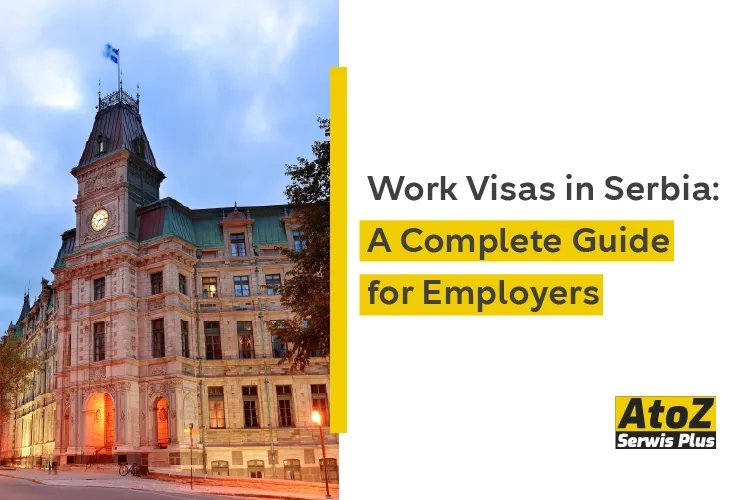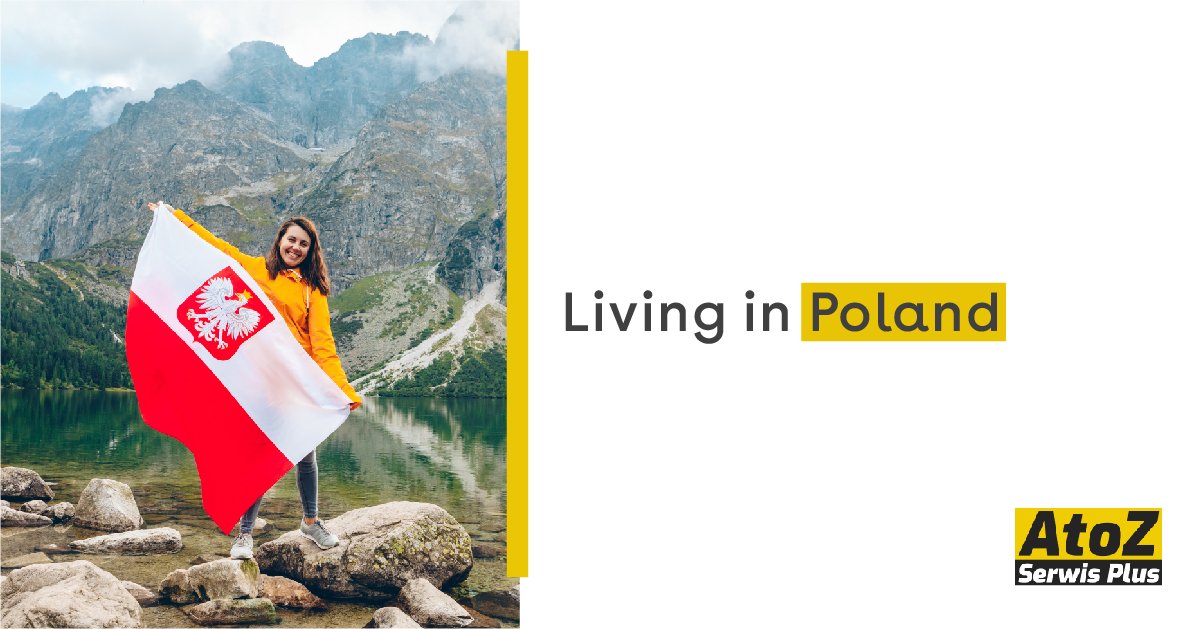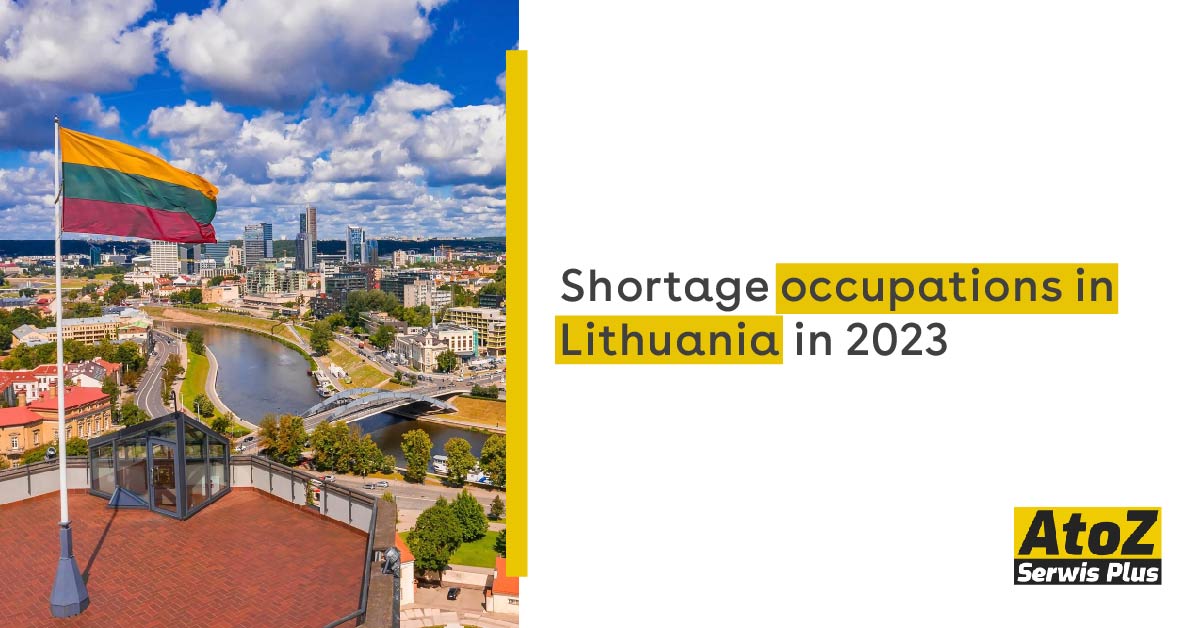

Work Visas in Serbia: A Complete Guide for Employers
Are you struggling to navigate Serbia's complex work visa system? Hiring international talent can be daunting for employers, as it involves legal hurdles and bureaucratic red tape. But don't let that deter you from tapping into a global pool of skilled workers!
In today's interconnected world, attracting and retaining foreign talent has become crucial for businesses looking to stay competitive. With its growing economy and strategic location, Serbia offers unique opportunities for companies willing to navigate its work visa landscape. But where do you start? How do you ensure compliance while efficiently bringing valuable team members on board?
This comprehensive guide will walk you through everything you need to know about work visas in Serbia. From understanding the basics of the visa system to mastering the application process, we'll cover legal obligations, labour market insights, and strategies for retaining your international hires. Let's dive in and unlock the potential of a diverse, global workforce for your Serbian business venture!
Understanding Serbia's Work Visa System
A. Types of work visas available
Serbia offers several types of work visas to accommodate different employment scenarios:
- Temporary Work Visa
- Seasonal Work Visa
- Intra-company Transfer Visa
- Highly Qualified Worker Visa
|
Visa Type |
Duration |
Purpose |
|---|---|---|
|
Temporary Work |
Up to 1 year |
General employment |
|
Seasonal Work |
Up to 6 months |
Short-term, seasonal jobs |
|
Intra-company Transfer |
Up to 3 years |
For employees of multinational companies |
|
Highly Qualified Worker |
Up to 3 years |
For specialized professionals |
B. Eligibility criteria for each visa type
Each work visa type has specific eligibility requirements:
- Temporary Work Visa: Valid job offer, proof of qualifications
- Seasonal Work Visa: Contract for seasonal work, proof of accommodation
- Intra-company Transfer Visa: Employed by the company for at least 1 year, specialized knowledge
- Highly Qualified Worker Visa: University degree, minimum salary threshold
C. Duration and renewal options
Work visas in Serbia typically have the following durations and renewal options:
- Initial duration: 3 months to 3 years (depending on visa type)
- Renewals: Most visas can be renewed if employment continues
- Maximum stay: Usually up to 5 years total, with some exceptions for highly skilled workers
D. Benefits of hiring foreign workers in Serbia
Employing foreign workers in Serbia offers several advantages:
- Access to specialized skills and expertise
- Diversity in the workplace
- International perspectives and experiences
- Potential for knowledge transfer to local employees
- Expansion of business networks and opportunities
Now that we've covered the basics of Serbia's work visa system, let's explore the application process for employers.
Application Process for Employers
A. Required documents and forms
To successfully apply for a work visa in Serbia, employers must gather and submit the following essential documents:
- Completed work permit application form
- Valid passport of the foreign employee (valid for at least 6 months)
- Passport-sized photographs (recent, color)
- Proof of employment contract or job offer
- Company registration documents
- Tax clearance certificate for the employer
- Proof of employee's qualifications and work experience
B. Step-by-step guide to visa application
- Gather required documents
- Submit application to the National Employment Service
- Obtain work permit approval
- Apply for temporary residence permit at the local police station
- Schedule biometrics appointment
- Collect work visa and residence permit
C. Processing times and fees
|
Type |
Processing Time |
Fee (RSD) |
|---|---|---|
|
Standard |
30-45 days |
13,470 |
|
Expedited |
15-20 days |
26,940 |
D. Common pitfalls to avoid
- Incomplete documentation
- Missing deadlines for permit renewals
- Overlooking labor market test requirements
- Neglecting to register employee with social security
- Failing to maintain proper records of foreign workers
Now that we've covered the application process, let's explore the legal obligations employers must fulfill when hiring foreign workers in Serbia.
Legal Obligations for Employers
A. Labor law compliance
When employing foreign workers in Serbia, it's crucial for employers to adhere strictly to Serbian labor laws. These laws apply equally to both domestic and foreign employees, ensuring fair treatment and protection for all workers.
Key areas of compliance include:
- Working hours and overtime regulations
- Minimum wage requirements
- Annual leave and public holiday entitlements
- Termination procedures and severance pay
To ensure compliance, employers should:
- Familiarize themselves with the Serbian Labor Law
- Regularly update their knowledge of any changes in legislation
- Implement proper record-keeping systems
- Provide clear employment contracts that align with Serbian law
B. Tax implications and social security contributions
Employers must navigate the tax and social security landscape when hiring foreign workers in Serbia. This includes:
|
Obligation |
Responsibility |
|---|---|
|
Income Tax |
Withhold and remit employee income tax |
|
Social Security |
Pay employer contributions and withhold employee portions |
|
Health Insurance |
Ensure proper coverage for foreign workers |
|
Pension Contributions |
Make mandatory contributions to the pension fund |
It's essential to stay updated on the current rates and regulations, as they may change annually.
C. Health insurance requirements
Employers are obligated to provide health insurance coverage for their foreign employees. This typically involves:
- Registering the employee with the Serbian Health Insurance Fund
- Making regular contributions to the fund
- Ensuring the employee has access to healthcare services
- Providing information about available medical facilities
D. Workplace safety regulations
Ensuring a safe working environment is paramount. Employers must:
- Conduct regular risk assessments
- Provide necessary safety equipment and training
- Implement safety protocols specific to the industry
- Keep detailed records of safety measures and incidents
Compliance with these regulations not only protects employees but also shields employers from potential legal issues. Regular safety audits and employee training sessions are recommended to maintain a safe workplace culture.
Navigating the Serbian Labor Market
In-demand skills and professions
Serbia's labor market has been evolving rapidly, creating a demand for specific skills and professions. Here's a breakdown of the most sought-after expertise:
- IT and Software Development
- Engineering (particularly in automotive and electronics)
- Healthcare professionals
- Finance and accounting specialists
- Digital marketing experts
|
Profession |
Demand Level |
Growth Potential |
|---|---|---|
|
IT Developer |
Very High |
Excellent |
|
Mechanical Engineer |
High |
Good |
|
Medical Doctor |
Moderate |
Steady |
|
Financial Analyst |
High |
Very Good |
|
Digital Marketer |
Moderate |
Increasing |
Salary expectations for foreign workers
Foreign workers in Serbia can expect competitive salaries, especially in high-demand sectors. However, it's important to note that while salaries might be lower compared to Western European countries, the cost of living is also significantly less.
Cultural considerations in the workplace
Understanding Serbian workplace culture is crucial for foreign workers and their employers. Key aspects include:
- Strong emphasis on personal relationships
- Hierarchical structure in most organizations
- Importance of face-to-face communication
- Flexible attitude towards time management
- Appreciation for direct communication style
Employers should provide cultural orientation to help foreign workers integrate smoothly into the Serbian work environment. This can greatly enhance productivity and job satisfaction for both local and international employees.
Retaining Foreign Talent
Visa extension procedures
When it comes to retaining foreign talent in Serbia, understanding the visa extension process is crucial. Employers should be proactive in assisting their foreign employees with visa extensions to ensure uninterrupted work periods.
Key steps for visa extension:
- Start the process early (at least 30 days before expiration)
- Gather necessary documents (employment contract, proof of accommodation, etc.)
- Submit application to the Ministry of Interior
- Pay extension fees
- Attend biometric data collection appointment
|
Document |
Purpose |
|---|---|
|
Valid passport |
Identification |
|
Current work permit |
Proof of employment |
|
Proof of accommodation |
Residency verification |
|
Health insurance |
Legal requirement |
Permanent residency options
For long-term retention, employers should familiarize themselves with permanent residency options in Serbia. After five years of continuous temporary residence, foreign workers may be eligible to apply for permanent residency.
Family reunification policies
Serbia's family reunification policies can be a significant factor in retaining foreign talent. These policies allow workers to bring their immediate family members to Serbia, creating a more stable and comfortable living situation.
Integration support programs
To enhance retention, employers should consider offering integration support programs. These can include:
- Language classes
- Cultural orientation sessions
- Networking events
- Assistance with housing and schooling
By implementing these strategies, employers can create a more attractive environment for foreign workers, increasing the likelihood of long-term retention and contributing to a diverse and skilled workforce in Serbia.
Compliance and Reporting
A. Record-keeping requirements
Employers in Serbia must maintain comprehensive records for foreign workers to ensure compliance with work visa regulations. These records should include:
- Copies of work visas and residence permits
- Employment contracts
- Payroll information
- Tax documentation
- Social security contributions
It's crucial to keep these records up-to-date and readily accessible for potential inspections.
B. Regular reporting to authorities
Serbian law requires employers to submit periodic reports to various government agencies:
|
Authority |
Report Type |
Frequency |
|---|---|---|
|
Ministry of Labor |
Foreign worker status |
Quarterly |
|
Tax Administration |
Payroll and tax reports |
Monthly |
|
Social Security Office |
Contribution reports |
Monthly |
Timely and accurate reporting is essential to maintain compliance and avoid penalties.
C. Penalties for non-compliance
Failure to comply with work visa regulations can result in severe consequences:
- Financial penalties
- Temporary or permanent ban on hiring foreign workers
- Criminal charges for serious violations
To avoid these penalties, employers should:
- Regularly review compliance procedures
- Conduct internal audits
- Seek legal advice when uncertain about requirements
D. Changes in employment status
Employers must promptly report any changes in a foreign worker's employment status to the relevant authorities. This includes:
- Termination of employment
- Changes in job position or duties
- Extensions or renewals of work visas
Proactive communication with authorities helps maintain compliance and ensures smooth transitions for foreign employees.
Now that we've covered the key aspects of compliance and reporting, let's explore the resources and support available to employers navigating Serbia's work visa system.
Resources and Support for Employers
A. Government agencies and Officials Website
When navigating the complex world of work visas in Serbia, employers can rely on several government agencies and helplines for support. The Ministry of Labor, Employment, Veteran and Social Affairs is the primary authority overseeing work permits, while the Ministry of Foreign Affairs handles visa applications. These agencies offer dedicated resources to assist employers with queries and concerns.
| Agency | Role | Website |
|---|---|---|
| Ministry of Labor | Work permit oversight | Visit Website |
| Ministry of Foreign Affairs | Visa applications | Visit Website |
| National Employment Service | Labor market information | Visit Website |
B. Legal consultancy services
To ensure compliance with Serbia's work visa regulations, many employers seek legal consultancy services. These experts provide invaluable guidance on:
- Interpreting complex visa laws
- Preparing documentation
- Navigating the application process
- Addressing compliance issues
C. Industry associations and networking opportunities
Joining industry associations can provide employers with:
- Up-to-date information on visa regulations
- Networking opportunities with peers
- Collective advocacy for streamlined processes
- Access to specialized workshops and seminars
D. Online portals and tools for visa management
Several online resources are available to simplify visa management:
- eUprava portal for electronic submissions
- Online appointment scheduling systems
- Digital document verification tools
- Visa status tracking platforms
These resources and support systems enable employers to efficiently manage work visas, ensuring a smooth process for hiring and retaining foreign talent in Serbia.
Conclusion
Serbia's work visa system offers opportunities for employers to bring in foreign talent and enrich their workforce. By understanding the application process, legal obligations, and compliance requirements, companies can successfully navigate the Serbian labor market and attract skilled professionals from around the world. Proper management of work visas not only ensures legal compliance but also contributes to a diverse and dynamic work environment.
As Serbia continues to grow as a business destination, employers who master the intricacies of the work visa process will have a competitive edge. By leveraging available resources and support, companies can streamline their hiring practices and create a welcoming environment for international employees. Remember, a well-executed work visa strategy is key to building a global team and fostering innovation in your organization.


















